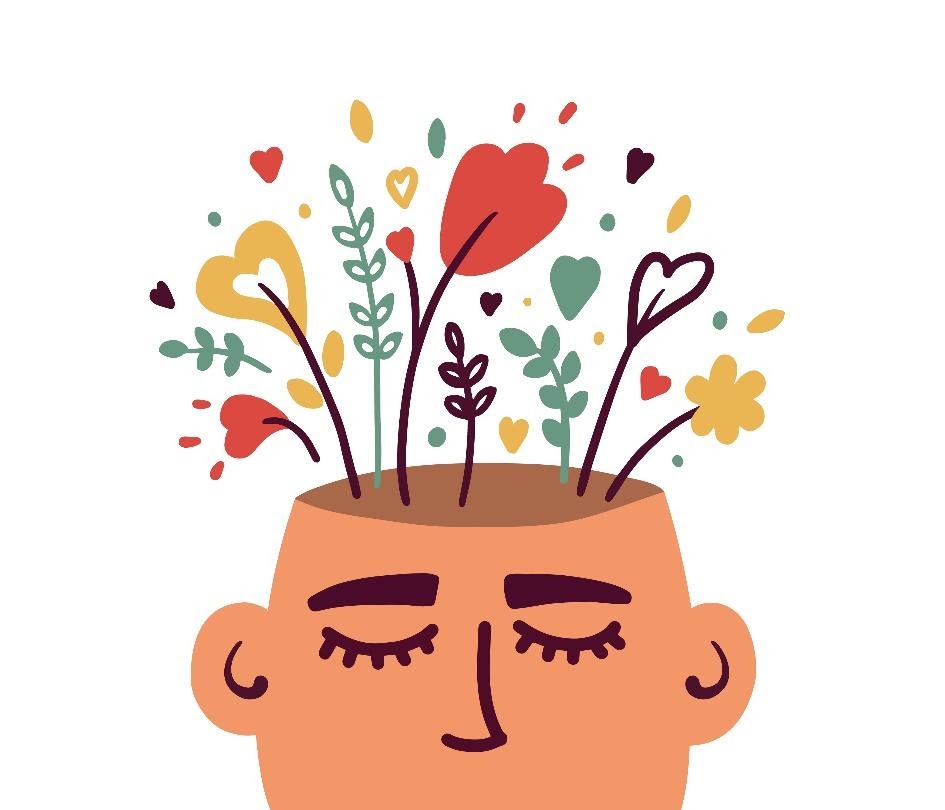Emotional intelligence is the ability to recognize, understand, and manage our own emotions, as well as empathize with the emotions of others. It plays a vital role in our mental wellness and overall well-being. Here are some reasons why emotional intelligence is crucial for nurturing our mental wellness.

- Self-Awareness: Emotional intelligence starts with self-awareness. By understanding and acknowledging our own emotions, we can better navigate challenging situations and make well-informed decisions. Self-awareness allows us to identify triggers, manage stress, and cultivate a positive mindset, all of which contribute to improved mental wellness.
- Emotional Regulation: Emotional intelligence helps us regulate our emotions effectively. It enables us to recognize and manage intense emotions such as anger, anxiety, or sadness. By developing healthy coping mechanisms, such as deep breathing, journaling, or seeking support, we can regulate our emotions and prevent them from overwhelming us.
- Empathy and Compassion: Emotional intelligence fosters empathy and compassion towards others. When we can understand and relate to the emotions and experiences of those around us, we build stronger connections and relationships. Empathy also allows us to offer support to others, which in turn contributes to our own sense of fulfillment and well-being.
- Effective Communication: Emotional intelligence enhances our communication skills. By being aware of our own emotions and understanding the emotions of others, we can communicate more effectively and empathetically. This promotes healthy relationships, reduces conflicts, and creates a supportive environment that nurtures our mental wellness.
- Resilience and Adaptability: Emotional intelligence helps us develop resilience and adaptability in the face of challenges and setbacks. By recognizing and managing our emotions, we can bounce back from adversity more effectively. This resilience allows us to navigate life’s ups and downs with greater ease and maintain a positive outlook on our mental wellness.
- Conflict Resolution: Conflict is a part of life, but emotional intelligence equips us with the skills to handle conflicts constructively. By understanding and managing our emotions in challenging situations, we can approach conflicts with empathy, active listening, and problem-solving skills. This promotes healthier resolutions and fosters a positive environment for mental wellness.
- Stress Management: Emotional intelligence plays a significant role in stress management. By being aware of our emotions and their impact on our well-being, we can identify stressors and develop effective strategies to manage them. This may include practicing self-care, seeking support, or engaging in relaxation techniques, all of which contribute to improved mental wellness.
In conclusion, emotional intelligence is essential for nurturing our mental wellness. By cultivating self-awareness, regulating our emotions, empathizing with others, improving communication skills, developing resilience, resolving conflicts constructively, and managing stress effectively, we can foster a balanced and emotionally healthy life. Let us prioritize emotional intelligence as a fundamental aspect of our journey towards improved mental wellness.

